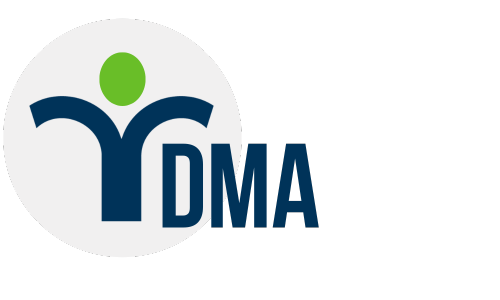
The UHT May Be Cancelled, But Vacancy Taxes Remain
As tax professionals, you are keenly aware of the constant changes our federal government makes to the Income Tax Act. Adjustments are made, and you must adapt. Not often, though, is a tax eliminated altogether. But in the case of the Underused Housing Tax (UHT), that is exactly what has happened – it was cancelled in the federal budget of November 4, 2025, but Canada’s underused housing taxes have not been eliminated. Here’s what you need to know for tax season 2026.Suddenly Unemployed: Tax And Financial Advice To Consider
 Layoffs have started in Canada as a result of the tariff war with the U.S. This can be an incredibly emotional experience, aside from the fear associated with financial insecurity. This is a time for important decision-making and tax and financial advisors can be an important source of information, guidance and relief in these scenarios, both for tax and financial planning, in order to make the most of available income sources. There are three things that need to be discussed immediately when there is job loss:
Layoffs have started in Canada as a result of the tariff war with the U.S. This can be an incredibly emotional experience, aside from the fear associated with financial insecurity. This is a time for important decision-making and tax and financial advisors can be an important source of information, guidance and relief in these scenarios, both for tax and financial planning, in order to make the most of available income sources. There are three things that need to be discussed immediately when there is job loss:
What Is A Bare Trust?
 Bare trusts have been the subject of extensive filing controversies. They have been commonly used to hold family cottages and other properties, to avoid probate, or for privacy purposes. CRA will not require bare trusts to file a T3 Income Tax and Information Return (T3 return), including Schedule 15 (Beneficial Ownership Information of a Trust) for the 2023 or 2024 tax year, unless they make a direct request. But, we are now in 2025 and professionals and their clients need to know the rules.
Bare trusts have been the subject of extensive filing controversies. They have been commonly used to hold family cottages and other properties, to avoid probate, or for privacy purposes. CRA will not require bare trusts to file a T3 Income Tax and Information Return (T3 return), including Schedule 15 (Beneficial Ownership Information of a Trust) for the 2023 or 2024 tax year, unless they make a direct request. But, we are now in 2025 and professionals and their clients need to know the rules.
Why the RWM™ is the Answer for Independent Advisors
 The RWM™ (Real Wealth Manager) is the designation of choice for independently minded advisors who want to practice in a truly holistic framework using a multi-generational approach to wealth management. It is also the designation that indicates the skills to manage strategic focus within an inter-advisory team required to make joint-decisions with higher net worth clients. Finally, you’ll be connected to an incredibly talented, national network of RWMs. Find out more below:
The RWM™ (Real Wealth Manager) is the designation of choice for independently minded advisors who want to practice in a truly holistic framework using a multi-generational approach to wealth management. It is also the designation that indicates the skills to manage strategic focus within an inter-advisory team required to make joint-decisions with higher net worth clients. Finally, you’ll be connected to an incredibly talented, national network of RWMs. Find out more below:




